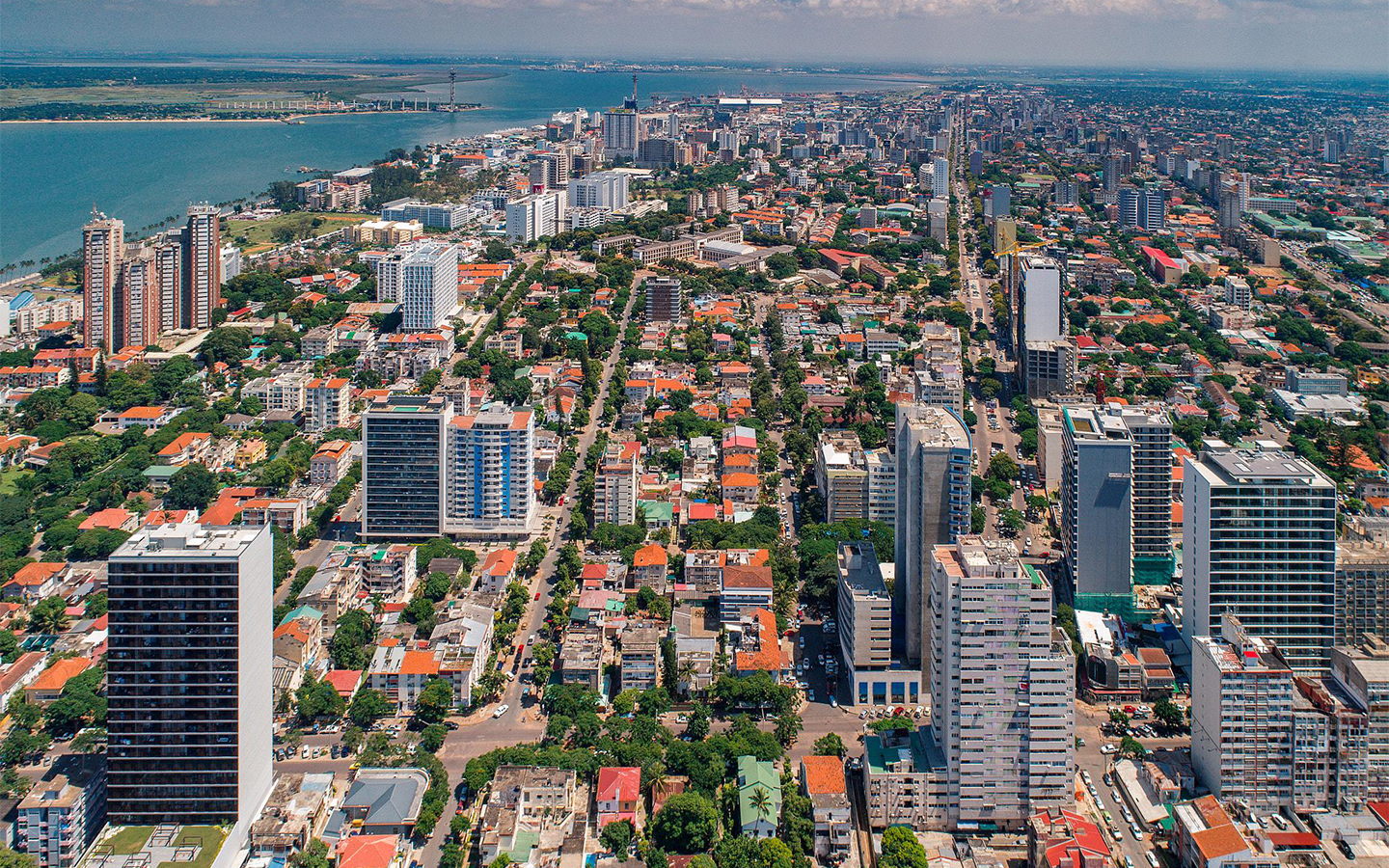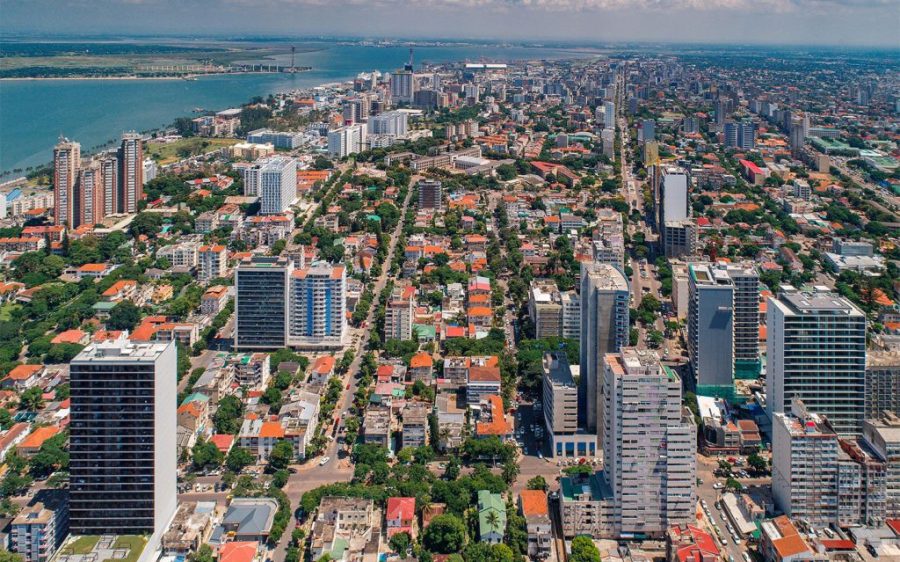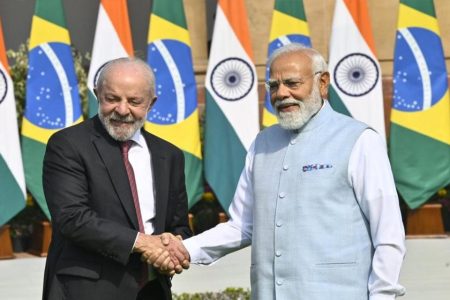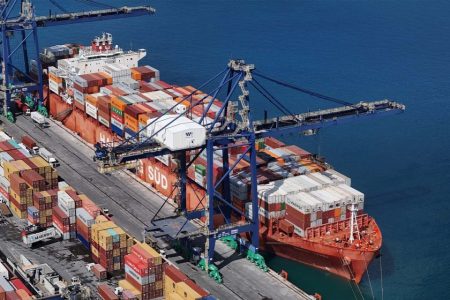The International Monetary Fund (IMF) completed the third review of Mozambique’s three-year loan programme last Monday, allowing for the immediate disbursement of around US$60.7 million to the Southern African nation.
This brings the total disbursements under the US$456 million Extended Credit Facility (ECF) programme, approved in May 2022, to US$273 million. The IMF characterised the programme performance as “satisfactory,” with Mozambique meeting five of eight structural benchmarks and three of four quantitative performance criteria as of end-December 2023.
The three-year programme aims to provide vital support for Mozambique’s economic recovery and implement policies to reduce public debt and financing vulnerabilities. It also creates space for public investments in human capital, climate adaptation and infrastructure, all key areas for ensuring Mozambique’s long-term economic stability.
[See more: The IMF is encouraging Angola to float its currency]
ECF is a tool used by the IMF to provide medium-term financial assistance to low-income countries experiencing protracted balance of payment problems. A series of disbursements are made across a period of three to five years, following reviews approximately every six months. The grace period for repayment is five and a half years, with a final maturity of 10 years, at zero interest.
The IMF executive board noted in the latest review that “economic recovery is accelerating” in Mozambique, supported by liquified natural gas (LNG) projects and modest growth in non-mining sectors. Inflation pressures have also “declined sharply.”
While continued fiscal consolidation efforts are warranted, the board praised authorities for “undertaking measures to ensure fiscal discipline over the short and medium term.” This positive outlook is tempered somewhat by the significant ongoing risks of adverse climate events and the fragile security situation in the country’s northeast.






